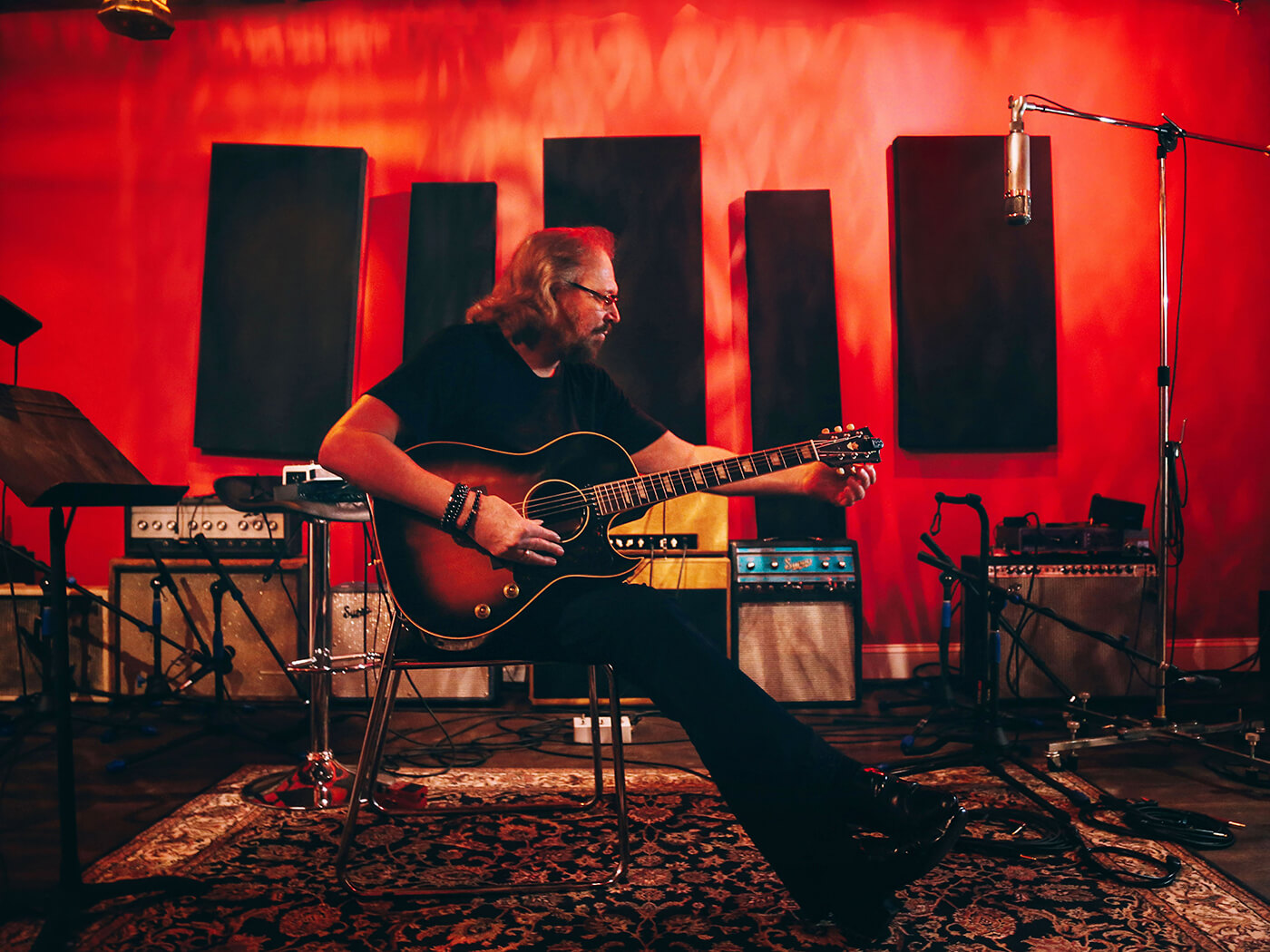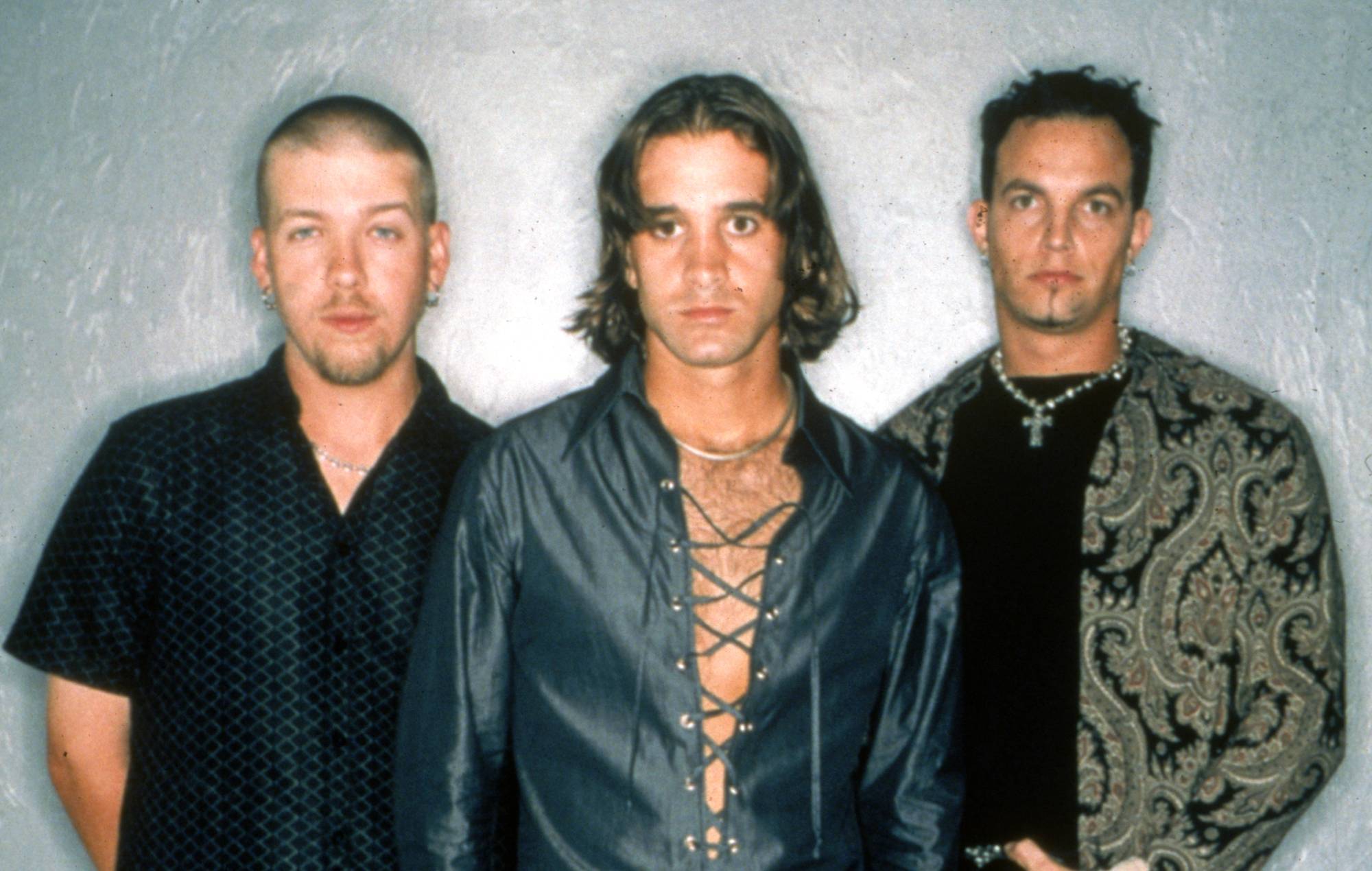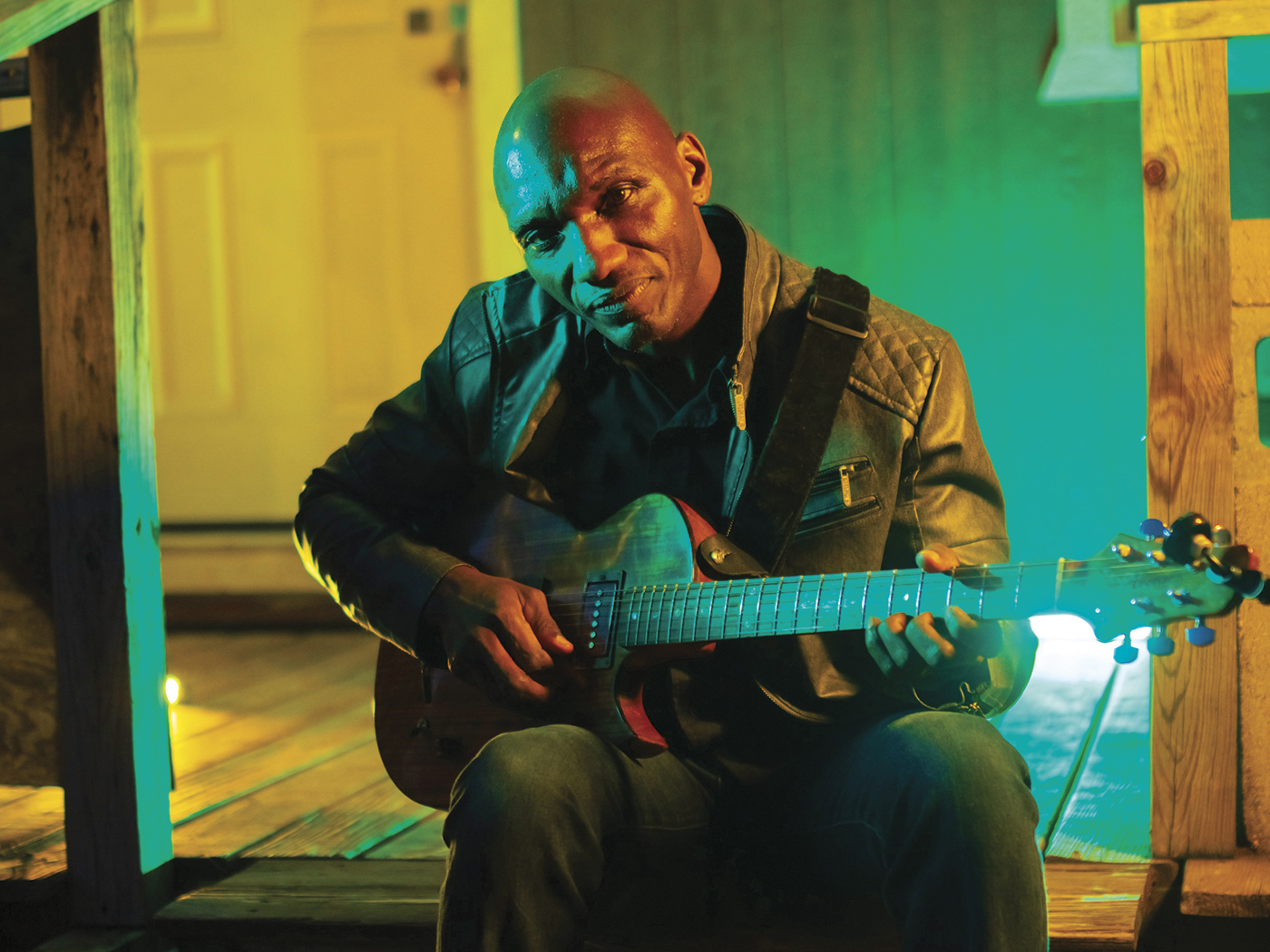
It wasn’t until 25 years after its release, and subsequent worldwide sales in excess of five million, that the writers of “Islands In The Stream” revealed that the song was originally written with Marvin Gaye in mind. Kenny Rogers and Dolly Parton ultimately gave the Gibb brothers’ their biggest country-related success, but the track’s origins are evidence of the form’s parallels with soul.
There’s further, irrefutable proof of that in the selections from the Bee Gees’ back catalogue that are now gracing Barry Gibb’s elegant duets project. Though fashioned in Nashville with the assistance of some the city’s finest musicians and a sprinkling of the genre’s most bankable marquee names, its contents are more widely evocative of the personality of the South.
Case in point is the slightly slowed-down tempo of “Jive Talkin’”, on which Miranda Lambert’s slinky drawl resonates with the Gothic sass of Bobbie Gentry over a loose Muscle Shoals groove. It’s there again in the gospel-flavoured yearning of Sheryl Crow on “How Can You Mend A Broken Heart”, and the homespun delicacy Gillian Welch and David Rawlings bring to “Butterfly”.
For millions of devotees these songs may already be written in stone, but for Gibb himself the task was to honour the memory of his late brothers Robin and Maurice without reverting to carbon copies. It works like a charm in almost every instance; surrendering his own lead part in “I’ve Gotta Get A Message To You” to Keith Urban results in a thing of beauty that pitches its testifying tent somewhere between Glen Campbell and Otis Redding.
Yet for all the familiarity of hits, the pearl in the oyster is a number that’s relatively unknown. Gibb first recorded “Words Of A Fool” in 1986 for a solo album he shelved due to group commitments. Trading verses with Jason Isbell, Gibb infuses its lyric of heartache and regret with formidable grandeur, an extraordinary hybrid of soulful introspection and country classicism. That it should have lain dormant for so long is puzzling, at a time in the ’80s and ’90s when elder statesmen like George Jones were crying out for material with bite.
Mention of Isbell brings us to a key factor in the power of Greenfields. Producer Dave Cobb’s impressive CV features, in addition to Isbell, high-water mark releases by Sturgill Simpson, Waylon Jennings, Mary Chapin Carpenter, Brandi Carlile (herself a contributor to Greenfields) and Chris Isaak, and in his capable hands the album finds space to breathe and grow.
Whereas the Bee Gees’ own version of “Too Much Heaven” suffered from an overblown sonic template, here he strips it to the core before sparingly adding flourishes that complement rather than overwhelm the intimacy of the voiced pairing of Gibb and Alison Krauss. He pulls off a similar trick on “Run To Me”, building from a near-whispered Carlile intro to the life-affirming crescendo of the chorus, goosebumps-inducing harmonies in full effect. It’s a savvy exercise in identifying the emotive foundations of country while fearlessly seeking out its hitherto untapped possibilities.
Gibb’s last solo set, 2016’s In The Now, came four years after Robin’s death, and was, in its maker’s own words, stylistically geared towards the classic Brill Building pop of Carole King or Neil Sedaka, its songs written in tandem with his sons Stephen and Ashley. It may have been a conscious effort to draw a line under his Bee Gees past, but the huge outpouring of love that greeted his appearance in Glastonbury’s Sunday afternoon “legends” slot the following summer would have served to remind him that there is still substantial mileage in his previous achievements.
The subtitle of Greenfields reiterates that it’s an album celebrating those achievements, which simultaneously illustrates their relevance in the 21st century, the “Vol 1” coda teasing more to come – “I don’t think Barry’s finished with this project yet,” suggests Cobb.
It’s a very fine thing when a writer and craftsman of Gibb’s standing embraces his own legacy and finds such persuasive ways of embellishing it.







